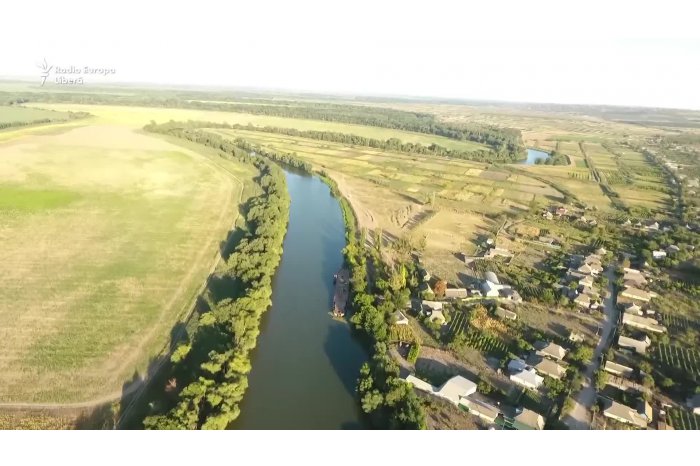Settlements from south Moldova development within Lower Dniester Ramsar Zone
12:55 | 26.07.2021 Category: Regional
Chisinau, 26 July /MOLDPRES/ - Five water reservoirs have been installed and connected to the drinking water supply system in the settlements Talmaza, Stefan Voda district and Copanca, Causeni district, due to an environmental project implemented in the Lower Dniester Ramsar Zone. The activities were carried out within a project financed from the fund of the Austrian Development and Cooperation Programme and the partners of project’s implementation have recently convened at a meeting of the Supervision Committee, in order to nominate the achievements and set the priority actions in continuation.
According to rapporteurs, based on feasibility studies earlier worked out in the project, two reservoirs (50 and 25 square metres) were set and connected to the water supply system in Talmaza and three reservoirs in Copanca (each with a capacity of 100 cubic metres), based on technical projects elaborated. Also, within the project, a segment from the sewerage system was constructed in the Palanca village, and a technical project for the sewerage system from the Popeasca village, both Stefan Voda district, was finished.
At the same time, another activity carried out consisted in the opening of the Information Centre of the Lower Dniester, in the Palanca village, which is to be endowed with equipment to be functional. Also in the first half of this year, landmarks were set to delimit the zones with various status of protection in the Lower Dniester Ramsar Zone and informative panels were set in the settlements from the region. Also, on the concerned period, the place was selected for the construction of a point for visualizing the nature in the Talmaza village on fields of the Moldsilva Forestry Agency. The works started in May 2021 and are to be completed on the next period of reporting.
According to the project’s partners, in continuation, the priority is to continue the works of improving the water supply systems in the region’s villages, work out and promote, at the governmental level, the programmes necessary for the creation of a national park in the region. Also, three additional grants will be provided, meant for small- and medium-sized enterprises, led and founded by women in the Lower Dniester region (2,000 euros per one grant), as well as works of taking care of the afforested areas on the right and left banks of Dniester will be carried out.
The Lower Dniester region of Moldova has a special status of zone of international importance, in line with the provisions of the Ramsar Convention, signed in 1971. The treaty includes 167 member states from all geographical regions of the world, among which Moldova as well, which joined this convention in July 1999.
photo: Free Europe

